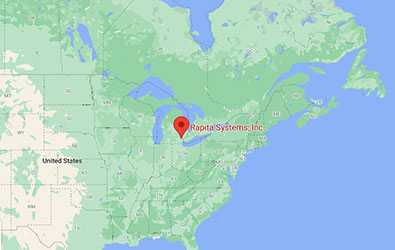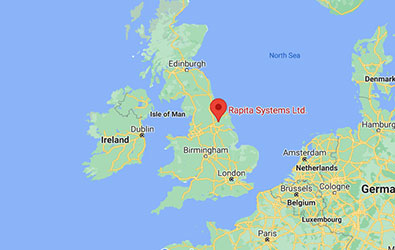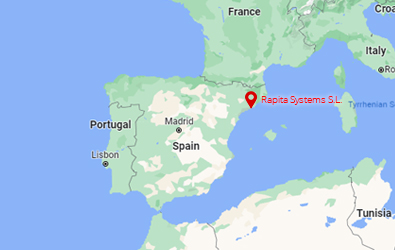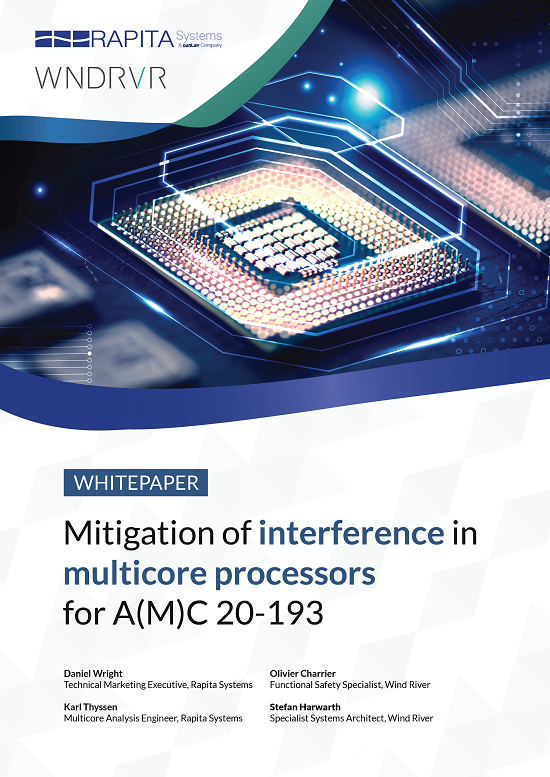This is an old C programmers trick for binary literals in C and is taken from a posting by Tom Torfs. It is particularly useful in a mixed C/Ada environment because Ada allows binary literals and you may wish to move one or more into C when doing optimisation or other development. The trick is to take a binary literal, pretend it is a hex value and then combine the hex nibbles into binary digits.
This particular version provides link time protection against passing in a non-binary value:
#define BINHEX( X ) ( \ (X & 0xEEEEEEEEuL) \ ? undefined( ) \ : ( ( ( (X * 0x1248uL) & 0xF000F000uL ) * 0x1001 ) >> 24 ) \ ) #define _0b( N ) ( BINHEX(0x##N##uL) )
Note that it works for at most 8 binary digits. To get wider values, just concatenate bytes, as in the following example:
const unsigned long val = (_0b(11111111) << 24)
| (_0b(00000000) << 16)
| (_0b(10101010) << 8)
| _0b(00111100);
Or, probably better, rewrite the _0b macro to take 4 bytes:
#define _0b( N3, N2, N1, N0 ) ( \
BINHEX(0x##N3##uL) << 24 \
| BINHEX(0x##N2##uL) << 16 \
| BINHEX(0x##N1##uL) << 8 \
| BINHEX(0x##N0##uL) \
)
so that you can just write:
const unsigned long val = _0b(11111111,00000000,10101010,00111100);
This compares very nicely with the Ada equivalent:
val : constant UInt32_Type := 2#11111111_00000000_10101010_00111100#;

 SAIF Autonomy to use RVS to verify their groundbreaking AI platform
SAIF Autonomy to use RVS to verify their groundbreaking AI platform
 Hybrid electric pioneers, Ascendance, join Rapita Systems Trailblazer Partnership Program
Hybrid electric pioneers, Ascendance, join Rapita Systems Trailblazer Partnership Program
 Magline joins Rapita Trailblazer Partnership Program to support DO-178 Certification
Magline joins Rapita Trailblazer Partnership Program to support DO-178 Certification
 How to certify multicore processors - what is everyone asking?
How to certify multicore processors - what is everyone asking?
 Data Coupling Basics in DO-178C
Data Coupling Basics in DO-178C
 Control Coupling Basics in DO-178C
Control Coupling Basics in DO-178C
 Components in Data Coupling and Control Coupling
Components in Data Coupling and Control Coupling
 DO-278A Guidance: Introduction to RTCA DO-278 approval
DO-278A Guidance: Introduction to RTCA DO-278 approval
 ISO 26262
ISO 26262
 Data Coupling & Control Coupling
Data Coupling & Control Coupling
 Verifying additional code for DO-178C
Verifying additional code for DO-178C
 DO-178C Multicore In-person Training (Bristol)
DO-178C Multicore In-person Training (Bristol)
 XPONENTIAL 2025
XPONENTIAL 2025
 Avionics and Testing Innovations 2025
Avionics and Testing Innovations 2025
 DO-178C Multicore In-person Training (Fort Worth, TX)
DO-178C Multicore In-person Training (Fort Worth, TX)



















